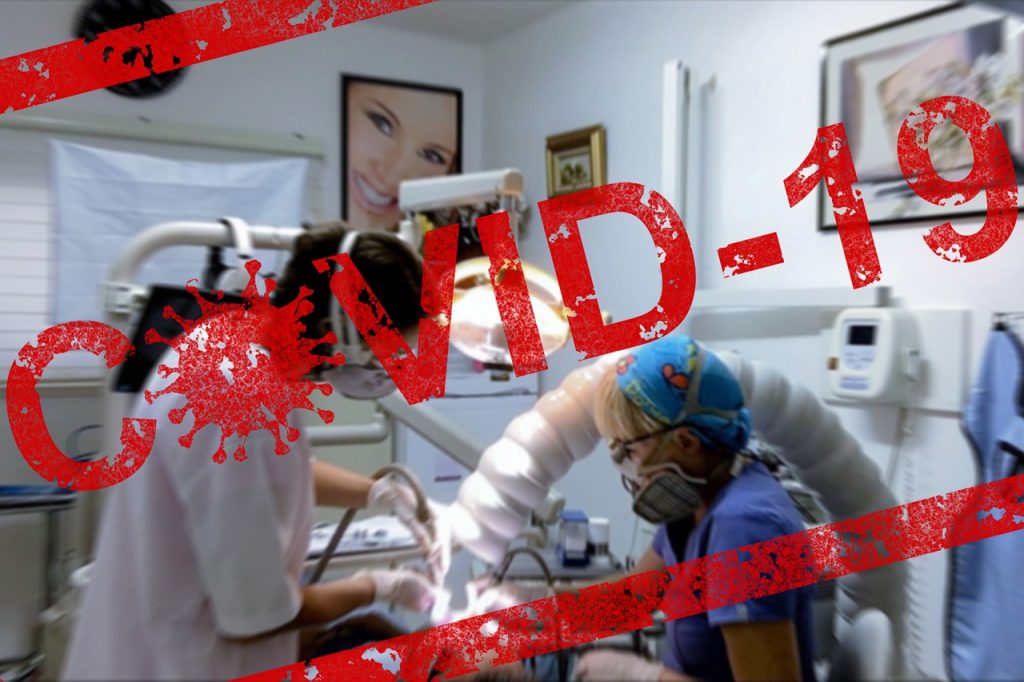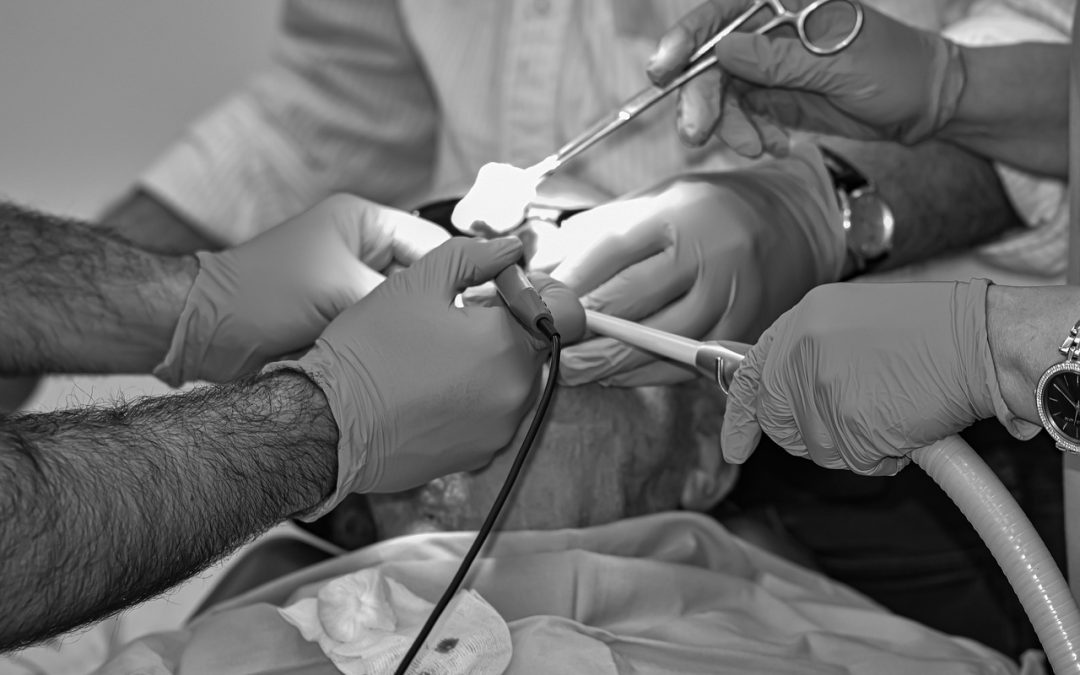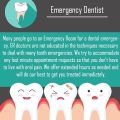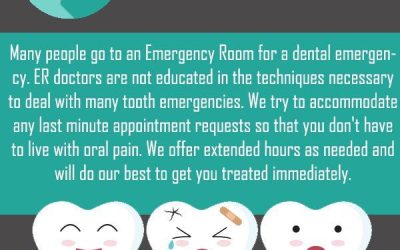So you’ve woken up with a throbbing pain in your tooth or experienced a sudden accident that has left you with a cracked tooth. You’re uncertain whether these situations classify as dental emergencies or if they can wait until your next dental appointment. Well, worry no more! In this article, we’ll explore the signs and symptoms that can help you identify if your situation is indeed a dental emergency.

Common Signs of a Dental Emergency
Severe Toothache
A severe toothache is a common sign of a dental emergency. If you are experiencing intense and persistent tooth pain, it could indicate an underlying issue such as a dental infection, tooth decay, or a fractured tooth. It is important to seek immediate dental treatment if you are unable to manage the pain or if it is interfering with your daily activities.
Bleeding Gums
Bleeding gums can be a sign of periodontal disease or gum infection. While minor bleeding during brushing or flossing may not necessarily be an emergency, if you notice excessive or uncontrolled bleeding from your gums, it is essential to consult a dentist. This could be an indication of a more serious issue that requires immediate attention.
Swelling or Inflammation
Swelling or inflammation in and around the mouth can be a sign of infection or other dental problems. It could be caused by an abscess, gum infection, or even a fractured tooth. If the swelling is severe, rapidly increasing, or accompanied by pain and difficulty in breathing or swallowing, it is considered a dental emergency and requires urgent dental care.
Loose or Knocked-Out Tooth
If you have a loose tooth due to trauma or injury, it is important to seek immediate dental attention. It is possible that the tooth can be saved if prompt action is taken. Similarly, if you have a tooth that has been completely knocked out, there is a chance of reimplantation if you can reach a dentist within the first hour. Time is of the essence in these situations, so it is crucial to contact an emergency dentist as soon as possible.
Broken or Cracked Tooth
A broken or cracked tooth can be a painful and alarming situation. Whether it is due to a sports injury, accident, or biting down on a hard object, a fractured tooth requires dental attention. Depending on the severity of the fracture, treatment options may include dental bonding, a crown, or even a root canal. It is best to consult a dentist promptly to prevent further damage and alleviate any pain or sensitivity.
Painful Abscess
An abscess is a pocket of pus that forms in response to a bacterial infection. It can cause intense pain, swelling, and even fever. If you have a painful abscess in your mouth, it is important to seek immediate dental treatment before the infection spreads further. Left untreated, an abscess can lead to more serious complications and affect your overall health.
Persistent Bad Breath
While occasional bad breath is common, persistent bad breath can indicate an underlying dental problem. It could be a sign of an infection, decay, or gum disease. If you have tried practicing good oral hygiene and have noticed no improvement in your breath, it is advisable to consult a dentist. They can help identify the root cause of your bad breath and provide appropriate treatment.
Injury to the Mouth or Jaw
Any injury to the mouth or jaw should be taken seriously, especially if it results in severe pain, bleeding, or difficulty in opening or closing your mouth. Injuries such as a fractured jaw, dislocated jaw, or deep cuts to the mouth require immediate medical attention. An emergency dentist can assess the situation and provide appropriate treatment or refer you to a hospital if necessary.
Lost or Damaged Dental Restorations
If you have lost a dental restoration, such as a filling or crown, it is important to contact your dentist as soon as possible. A lost or damaged restoration can leave your tooth vulnerable to further damage or infection. Your dentist will be able to advise you on the best course of action, which may involve temporarily covering the area or scheduling a prompt appointment for restoration repair or replacement.
Signs of Infection
Signs of infection, such as fever, redness, warmth, swelling, or discharge in the oral cavity, should not be ignored. An infection can spread quickly and cause serious complications if left untreated. If you suspect an infection in your mouth, it is essential to seek immediate dental treatment for proper diagnosis and appropriate antibiotics or other necessary interventions.
Determining the Severity of Your Situation
Evaluate the Level of Pain
When assessing your dental emergency, one of the first things to consider is the level of pain you are experiencing. Is the pain mild, moderate, or severe? Is it constant or intermittent? Severe and persistent pain is often an indication of a more serious issue, while mild discomfort may not require immediate attention. However, it is important to remember that pain tolerance varies from person to person, so if you are unsure, it is always safest to seek professional advice.
Assess the Bleeding
Bleeding from the mouth can range from minor bleeding during brushing or flossing to excessive or uncontrollable bleeding. If the bleeding is severe and does not stop or if it is accompanied by other concerning symptoms, it is important to seek immediate dental care. Excessive bleeding can be a sign of a dental emergency or underlying health issues that require professional evaluation.
Check for Swelling or Inflammation
Swelling or inflammation in the mouth, face, or neck can be indicative of an infection, abscess, or other dental issues. The severity of the swelling and its rapid progression should be considered when determining the urgency of your situation. If the swelling is severe, rapidly increasing, or causing difficulty in breathing or swallowing, it is crucial to seek immediate dental treatment.
Examine the Tooth Condition
The condition of your tooth is another important factor in assessing a dental emergency. Is the tooth loose, knocked out, broken, or cracked? These are all signs that require immediate attention from a dentist. Prompt care can help save a loose tooth or potentially reimplant a knocked-out tooth. A broken or cracked tooth may require immediate treatment to prevent further damage and alleviate pain.
Consider the Presence of Abscess
If you suspect the presence of an abscess, it is important to seek urgent dental care. An abscess is a bacterial infection that can cause severe pain, swelling, and even fever. Without proper treatment, the infection can spread, leading to more serious health issues. If you notice symptoms such as a pimple-like bump on your gums, a persistent bad taste or odor, or a swollen face, it is essential to consult a dentist promptly.
Evaluate the Impact on Functionality
Consider how your dental issue is affecting your ability to perform daily activities. If the pain or discomfort is interfering with your ability to eat, speak, or sleep, it is advisable to seek immediate dental treatment. Your dental health plays a crucial role in overall well-being, and addressing any issues promptly can prevent further complications and discomfort.
Assess the Oral and Facial Injuries
Any injury to the mouth or jaw should be evaluated for the severity of the trauma. If you have suffered a blow to the face or mouth, it is important to assess the extent of the injury. For example, a dislocated or fractured jaw, deep cuts or punctures to the mouth, or facial fractures require immediate medical attention. Contact an emergency dentist or visit a hospital for proper evaluation and treatment.
Examine the Dental Restorations
The presence of lost or damaged dental restorations, such as fillings, crowns, or bridges, should be addressed promptly. A lost restoration can leave the underlying tooth vulnerable to further damage or infection. Contact your dentist to schedule an appointment for repair or replacement. In the meantime, your dentist may advise temporary measures to protect the affected area and minimize discomfort.
Look for Signs of Infection
Signs of infection should not be ignored, as they can indicate a dental emergency. If you notice symptoms such as fever, redness, warmth, swelling, or discharge in the oral cavity, it is important to seek immediate dental treatment. Infections can spread rapidly and lead to serious complications if left untreated. A dental professional can diagnose the infection and provide appropriate treatment to prevent further health issues.
Prioritize Your Symptoms
When determining the severity of your dental situation, it is essential to assess all your symptoms collectively. Consider the severity, duration, and impact of each symptom on your daily life. If you are unsure whether your situation requires immediate attention, it is always safer to contact an emergency dentist or consult with a dental professional who can advise you based on your specific symptoms and circumstances.
to be continued…













